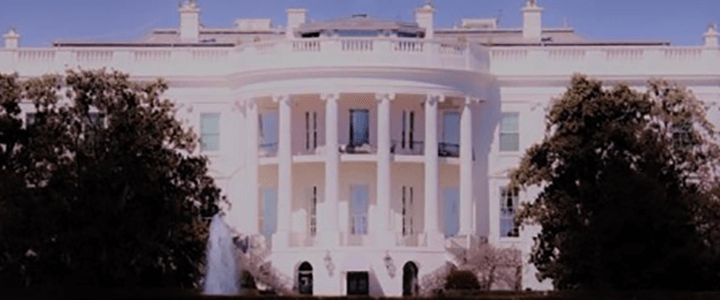Media is abuzz with the seemingly unprecedented request by a president-elect requesting a security clearance be issued to his family members, who are also members of his transition team. If required as part of the transition process, we should expect the White House,as the sponsoring agency, to issue interim security clearances, without hesitation, to the president-elect’s trusted advisers and appointees.
Earlier this week CBS News reported on the likelihood of the president-elect requesting top-secret security clearances for the four. None who witnessed the campaign of 2016 will deny that the three eldest children of Donald Trump, Donald Trump Jr., Ivanka Trump, Eric Trump, and the president-elect’s son-in-law Jared Kushner are his most trusted advisors. As president-elect he does get to bring whom he wishes to the transition table.
In order to perform their collective duties, they will need to be privy to certain highly sensitive and classified matters. The keyword here is need to know. In order to provide suitable counsel to the president-elect in filling the many political appointee positions within the Federal government, Trump’s transition team will need access.
Once Republican nominee Trump became president-elect, the Secret Service classified his movement and a Secure Classified Information Facility (SCIF) at the Trump Tower residence became a reality. Briefings from all branches of the government, most especially the intelligence community, are provided to the president-elect, his designated cabinet members and his closest advisers.
Interim Clearance
By way of example, in July 2016, DSS was advising applicants that an interim clearance might take as much as five business days to be granted.
“An interim eligibility is usually granted within five days after the clearance application is submitted. An interim eligibility will permit the individual to have access to most of the classified information needed to perform his or her duties. The interim eligibility is made concurrently with the initiation of the investigation and will generally remain in effect until an investigation is completed, at which time the applicant is considered for a final eligibility.”
The reality was, the interim clearance might takes months due to the backlog in clearance processing. One might expect that the White House would have no qualms issuing the interim clearance for the president-elect’s team, and would work in close tandem with OPM to ensure all the i’s are dotted and t’s are crossed.
As correctly pointed out in the CBS News piece, SF-86’s will be required of all four and that these would be submitted to OPM, in the same manner of any individual whose position requires them to enjoy the trust and confidence of the United States government. Assuming the SF-86s are completed in short order, and no disqualifying items appear, the White House would issue an interim clearance subject to review at the SECRET level in short order.
Given the temporary nature of the transition team duties, the team’s efforts are to conclude on/about January 20, 2017. The likelihood that any of the family members would need to have full-adjudication of the application is low. That said, the White House and OPM may decide to expedite the requests, at their option.
This author had the pleasure of participating in the transition process, November 2000-January 2001, as a member of the intelligence community team briefing advisers and appointees of the president-elect. The individual to whom the author was assigned to provide daily intelligence briefs was provided an interim security clearance. The individual was a non-statutory member of the president-elect’s team, an individual from whom the president-elect sought counsel throughout the transition.
An alternative path exists
While the White House’s issuance of interim security clearances is the cleanest way to proceed, as the clearance data would be available with the eQIP system and accessible to all departments/agencies, a more cumbersome, but equally effective manual process exists. Each individual could simply sign a declaration of willingness to keep secret the information which is being shared with them by the various governmental agencies. Every department and agency has in place methodologies to afford the them the latitude to share classified materials with an individual at the pleasure and need of the government. The transition of president-elect to president would certainly qualify.
Precedent does exist
While the thought of family members being advisers may raise eyebrows, for history buffs precedent exists. John F. Kennedy’s (JFK) transition team included his brother Robert (Bobby) F. Kennedy. Bobby was JFK’s campaign manager and most trusted adviser, who went on to become a member of JFK’s cabinet, as the Attorney General of the United States from 1961-1964.



